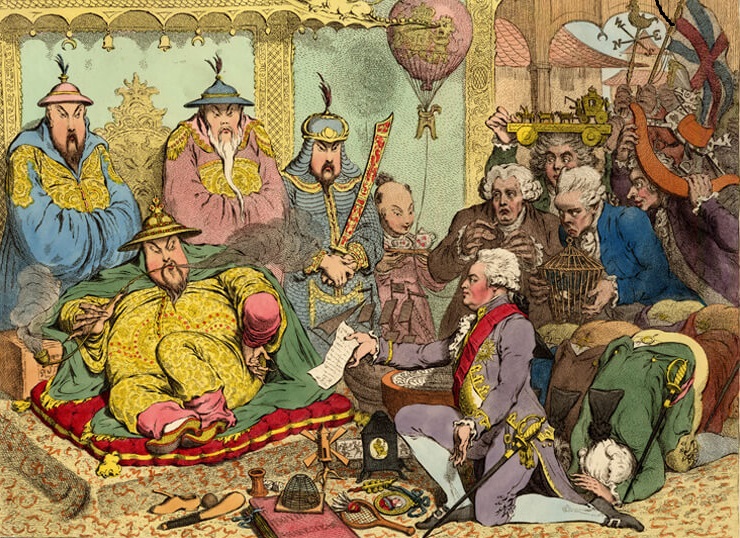Investing Abroad? Use Your Country’s Diplomats
To gain access to all Ideas for Leaders content please Log In Here or if you are not already registered then Register Here.

When looking to invest abroad, companies can leverage the diplomatic relationships between their country’s government and governments of potential host countries to connect with potential foreign partners. An international study based on foreign investment decisions by more than 500 Chinese companies examines the factors involved in leveraging such relationships.
To read the full text on this Idea you will need to log-in or register with the Ideas for Leaders site. Please click here to log-in and here to register for the first time.
If you are a member of one of our Sustainable Leadership Communities you can log-in using your SLC log-in details, with your email prefixed by the community group you are in. eg: uk.jane.fraser@abcgroup.com

Ideas for Leaders is a free-to-access site. If you enjoy our content and find it valuable, please consider subscribing to our Developing Leaders Quarterly publication, this presents academic, business and consultant perspectives on leadership issues either as a digital subscription, or better still in a beautifully produced, small volume delivered to your desk four times a year.

For the less than the price of a coffee a week you can read over 650 summaries of research that cost universities over $1 billion to produce.
Use our Ideas to:
Speak to us on how else you can leverage this content to benefit your organization. info@ideasforleaders.com